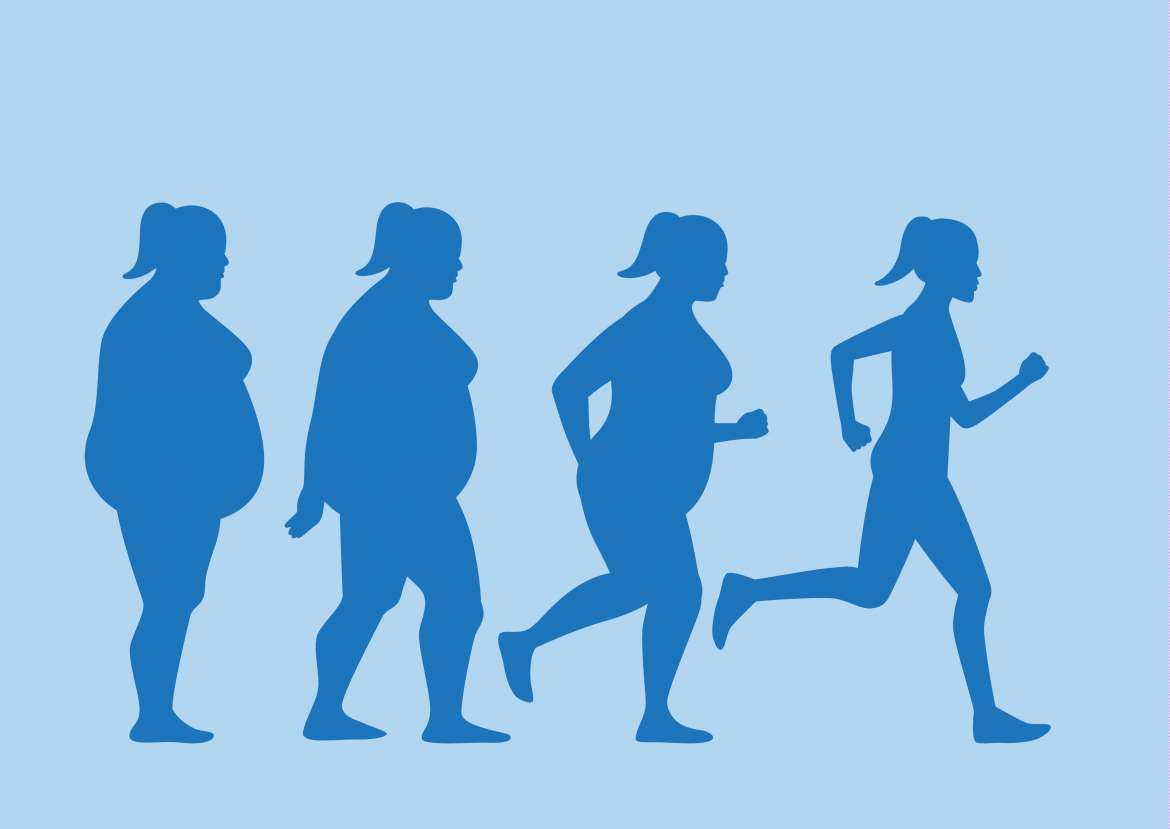If there is one conclusion we can draw from my last post on the relationship between calories & health, it is that bringing your body weight within the healthy range is always priority number one.
Now even though this would theoretically also mean gaining weight for someone underweight, this is a very rare problem in the developed world. The real problem is losing weight for people who are overweight.
I understand that if you have been battling with weight loss for some time, hearing that your calories and body weight is the most important factor in your diet can be somewhat demotivating.
But it shouldn’t be!
Let me tell you something that will definitely motivate you. Studies have shown that no matter how small the weight loss is, it’s usually a health benefit. This means small losses always pay off. Instead of trying to lose 25, 50 or even 100 pounds at once, take baby steps and celebrate every pound less like the health boost it really is.
Why?
Because even though there is an optimal range of bodyweight for a given height, it’s not a hit or miss game. even if for some reasons you would never be able to reach this range, getting closer to it will still benefit you big time. So if you are overweight, don’t get down on yourself if you haven’t lost all of the weight you are trying to lose. Any progress will benefit fit you big time!
Next to the importance of weight loss, there is a second important implication. You always want to prioritize long-term progress over short-term changes in weight. It’s a lot better and more beneficial to your health to lose 10 pounds over the course of a year and keeping it off for good than lose 20 pounds in a month, just to see it come back a month later.
Fad diets pretty much never work and your goal should be strategical long-term improvements one step at a time. SO let’s say you weight 300lbs until the age of 35 or 40. If you manage to lose 100 to 120 pounds in 5 years, which is only 20 pounds a year, you would be at a normal weight from 45 on and would pretty much have the life expectancy of most other adults.
If you crashed diet instead and your weight comes down 20 pounds one month and shoots right back up again the other you will likely see no long-term improvements and suffer the health consequences in the future.
Don’t burn yourself out in the process and take smart diet breaks. So even if you start out from a relatively high weight, don’t be intimidated by how much you have to lose and especially not by how fast you have to lose it. this isnt a race and you can take your time as long as youre making overall progress.



